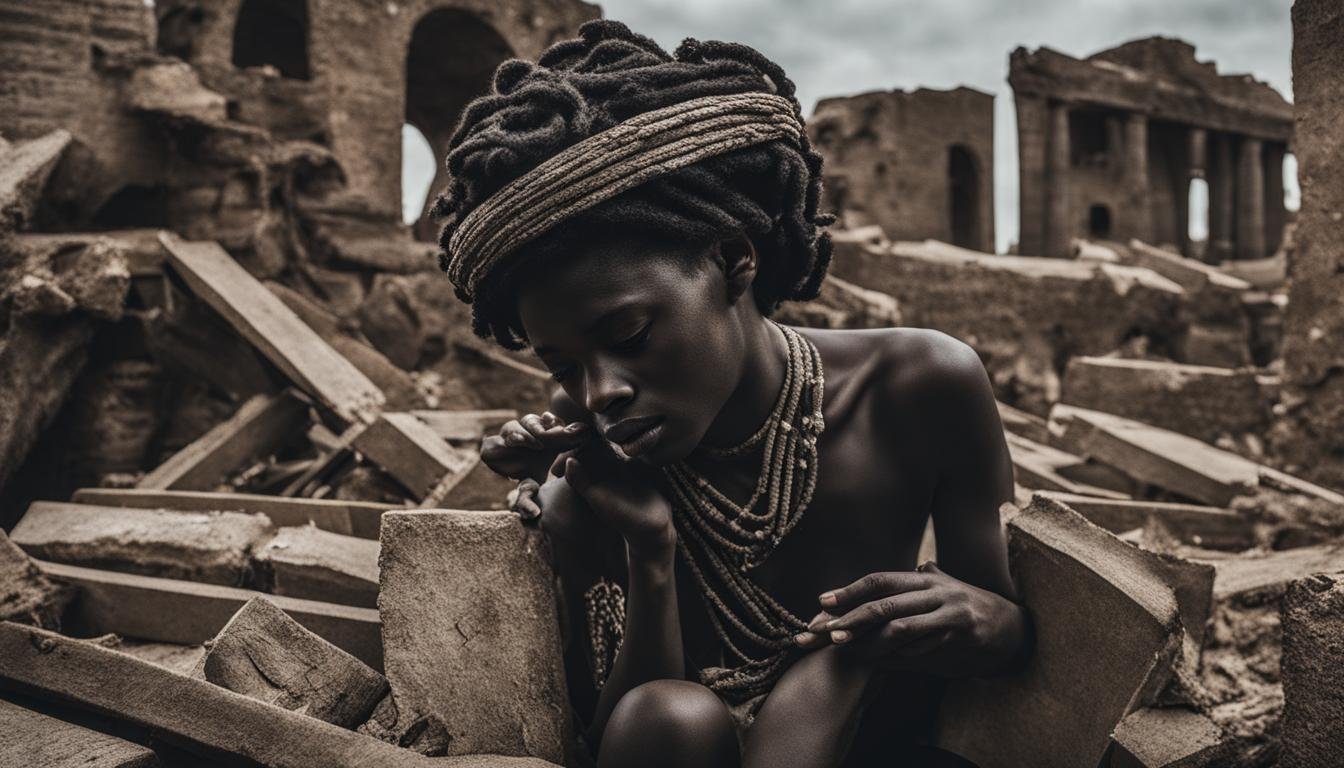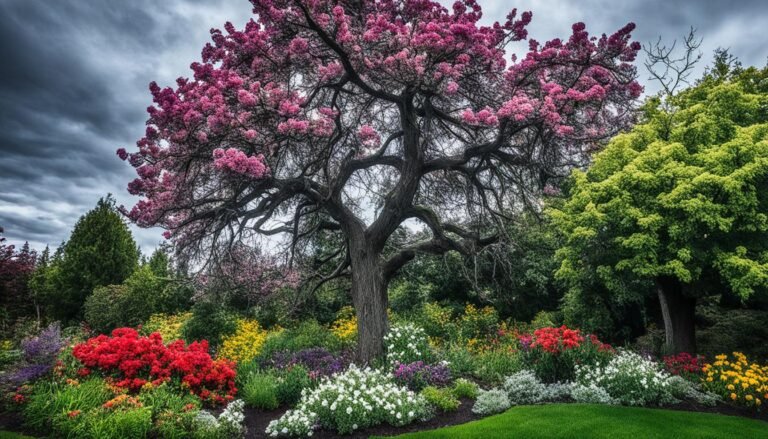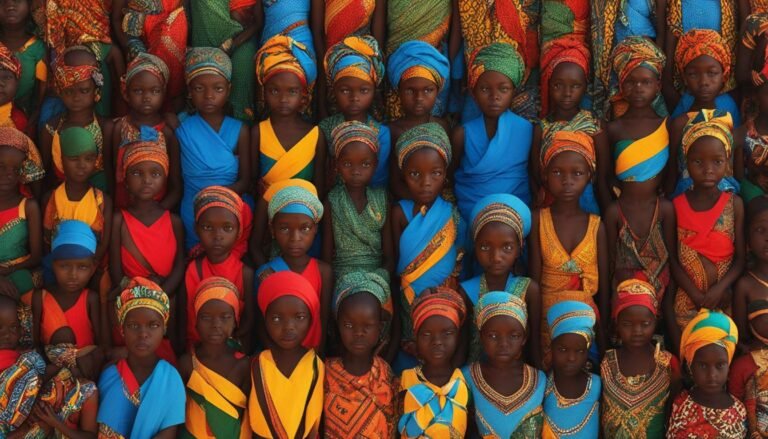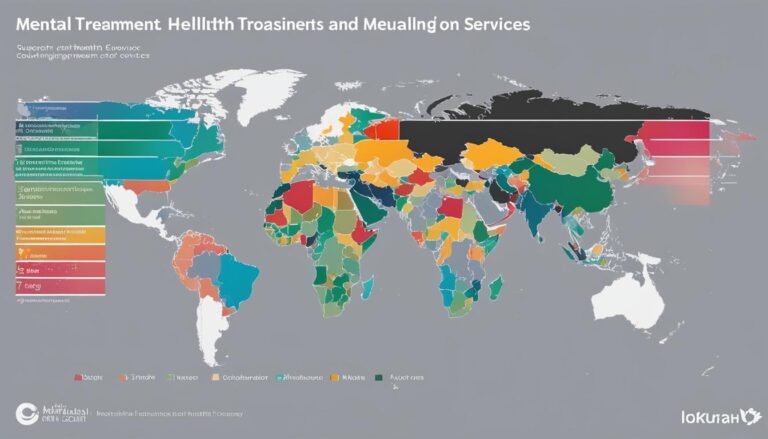What is the Black Culture of Death?
Death holds a unique significance in African American culture, with traditions, customs, and practices that differentiate them from other communities. African American funeral customs, mourning traditions, and burial rites reflect a celebration of the deceased’s release from earthly struggles. These practices have deep roots in African traditions, particularly from the Bakongo and LaDogaa tribes. These traditions have been passed down through generations, preserving expressions, superstitions, religious beliefs, and music. While there may be variations across the African American community, many of these customs are still upheld and believed today, especially in the Southern United States.
Throughout history, African American culture has developed its own distinct approach to death and mourning. Understanding these practices is important in acknowledging the rich heritage and cultural identity of the African American community. In this article, we will explore African American funeral customs, mourning traditions, and burial rites, shedding light on the unique aspects that define the black culture death experience.
Key Takeaways:
- African American death customs and traditions stem from African roots, particularly the Bakongo and LaDogaa tribes.
- Funeral customs often reflect a celebration of the deceased’s release from earthly struggles.
- Mourning traditions in the African American community emphasize remembrance, storytelling, and communal support.
- Superstitions and spiritual beliefs play a significant role in African American views on death and the afterlife.
- Preserving and understanding African American death practices is crucial for honoring ancestral legacies and cultural identity.
African American Death Traditions and Customs
In the African American community, death is not simply an event to be acknowledged and forgotten. It is an elaborate process with various stages. When someone passes away, immediate and extended family members, as well as friends, are notified as part of a long-standing belief. Superstitions also play a role, such as the preference for burying the deceased on a sunny day to symbolize the welcoming of their soul into the heavens.
A mourning period of five to seven days typically precedes the funeral, during which family and close friends gather for a wake to pay respects, share memories, and provide support. The funeral itself often includes a funeral procession, with custom purple flags and headlights on to identify participants. The actual burial may involve burying the body with the feet facing east to allow rising on Judgment Day, as well as placing coins on the eyes and in the deceased’s hands as offerings to the spirit realm.
“Death is not simply an event to be acknowledged and forgotten, it is an elaborate process with various stages.” – African American Death Traditions and Customs
African Roots of Death Practices in Black Culture
Many of the death practices in African American culture can be traced back to their African roots. The Bakongo and LaDogaa tribes have had a significant influence on these traditions, which have been passed down through generations. One can observe Africanisms in the Sea Islands and southern parts of the United States, where cultural ties to Angola and Sierra Leone are strongest. These African influences have shaped various aspects of African American funeral traditions, mourning practices, and burial rituals.
One key aspect influenced by African roots is the preference for burying the deceased on a sunny day. This practice symbolizes welcoming the soul of the departed into the heavens. The belief in spirits and ancestors is also deeply rooted in African traditions and is a fundamental element of African American funeral customs. African Americans honor their ancestors by maintaining a spiritual connection and seeking guidance from them.
Music and storytelling are integral to both African and African American cultures. In African traditions, music is used for communication, healing, and celebration. Similarly, music plays a vital role in African American mourning practices, with spirituals, gospel songs, and dirges being sung during funerals and gatherings. Storytelling preserves the history, wisdom, and heritage of African American ancestors and is a way to pass down cultural values and experiences.
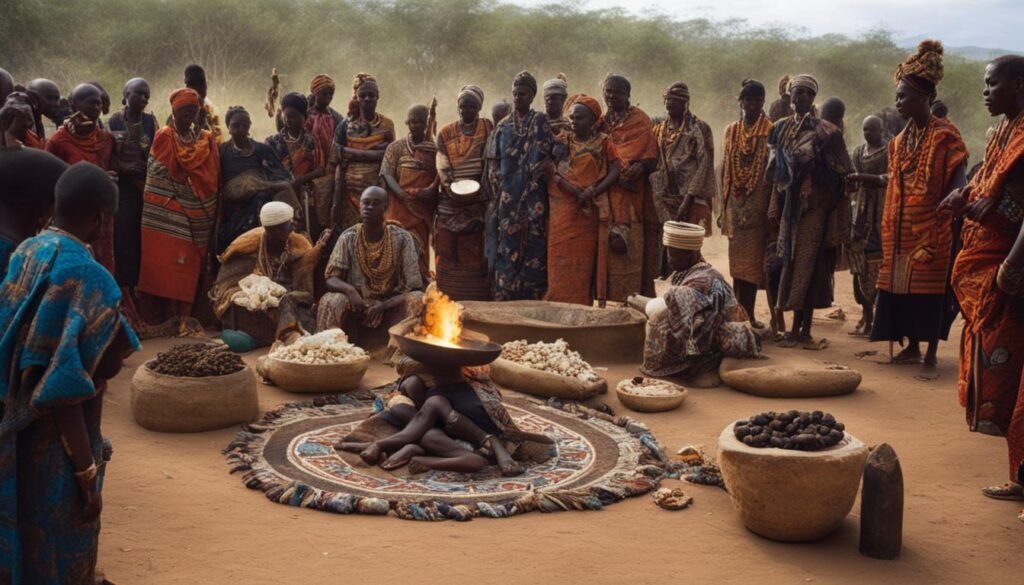
These African influences have deeply permeated African American communities, preserving a unique connection to their African heritage. The rituals and customs associated with death in black culture reflect the rich and diverse tapestry of African traditions. Understanding and honoring these roots is essential for preserving the cultural identity and legacy of African Americans.
African American Perspectives on Death and Mourning
In the African American community, death is not solely approached with sadness but also with a sense of celebration and relief for the deceased. This perspective stems from the history of slavery when mourning was often prohibited for slaves. Instead, they celebrated the deceased’s freedom from a world filled with pain and injustice. While grief and sadness are still present, African Americans emphasize the positive aspects of a loved one’s transition. The mourning period serves as a time for remembrance, storytelling, and communal support. African American views on death often encompass spiritual beliefs, with an understanding that the deceased continues to exist in another realm as an ancestor. This perspective influences the way African Americans navigate the mourning process and find meaning in the face of loss.
Within the African American community, the mourning period holds profound significance. It serves as a time to honor the deceased, celebrate their life, and support the grieving family. Remembrance plays a crucial role, with storytelling being a common practice. Sharing memories and anecdotes about the departed allows their legacy to live on and provides comfort to those left behind.
Family and community support are integral to the African American grieving process. The larger community plays an active role in providing support and assistance to the bereaved family. Communal gatherings, such as wakes or repasts, bring people together to offer condolences, share in the mourning process, and provide emotional support. These gatherings foster a sense of unity and solidarity within the community.
African American views on death are deeply rooted in spiritual beliefs and faith. Many African Americans embrace religion as a source of solace and guidance during times of loss. The belief in an afterlife and the deceased’s continued existence as an ancestor provide comfort and reassurance. This spiritual perspective influences the rituals and practices surrounding death and mourning within the African American community.
“We believe that death is not the end, but rather a transition to another realm, where our loved ones become ancestors who guide us from beyond.”
Conclusion
African American death traditions and rituals reflect a unique cultural perspective, showcasing the rich heritage and deep roots within the community. Their African roots have greatly influenced their funeral practices, burial rituals, and mourning customs. These traditions have been passed down through generations, preserving their cultural identity and creating a sense of connection.
One striking aspect of African American funeral practices is the emphasis on celebrating the deceased’s freedom from earthly struggles. Instead of solely focusing on sadness and grief, African Americans approach death with a perspective that acknowledges the release of their loved ones from pain and injustice. This perspective is deeply rooted in the history of slavery, where mourning was often prohibited for slaves. As a result, African Americans prioritize commemorating their loved ones’ transition into a better place, incorporating aspects of celebration into their mourning process.
Another significant element of African American death traditions is the communal support that surrounds the mourning process. Family and friends gather together during the mourning period to remember the deceased, share stories, and provide mutual support. This sense of community is essential for African Americans, as it strengthens their bonds and helps them cope with the loss.
Preserving and understanding these African American funeral practices, mourning customs, and burial rituals plays a crucial role in honoring the legacy of African American ancestors and maintaining a strong cultural identity. These traditions are a testament to the resilience and strength of the African American community, providing a unique framework for navigating death and finding meaning in the face of loss.
FAQ
What are the funeral customs in African American culture?
African American funeral customs include traditions such as notifying immediate and extended family members, holding a mourning period of five to seven days, gathering for a wake, conducting a funeral procession, and burying the deceased with specific rituals like placing coins on the eyes and in the hands.
What are the origins of death practices in Black culture?
Death practices in Black culture have their origins in African traditions, particularly from the Bakongo and LaDogaa tribes. These traditions have been passed down through generations, preserving expressions, superstitions, religious beliefs, and music.
How do African American views on death differ from other cultures?
African American views on death emphasize the positive aspects of transition and celebration of the deceased’s freedom. While grief and sadness are present, African Americans also focus on remembrance, storytelling, and communal support during the mourning process. Spiritual beliefs, such as an understanding of the deceased as an ancestor in another realm, also shape African American perspectives on death.
What is the significance of African roots in Black culture death practices?
African roots have a significant influence on death practices in Black culture. Africanisms from tribes like the Bakongo and LaDogaa have influenced burial rites, preferences for burying the deceased on a sunny day, beliefs in spirits and ancestors, and the incorporation of music and storytelling in African American death traditions.
Why is understanding African American death traditions important?
Understanding African American death traditions is crucial for honoring the legacy of African American ancestors and maintaining a strong cultural identity. These customs are deeply rooted in the community and play a vital role in preserving cultural heritage and connections to African traditions.
